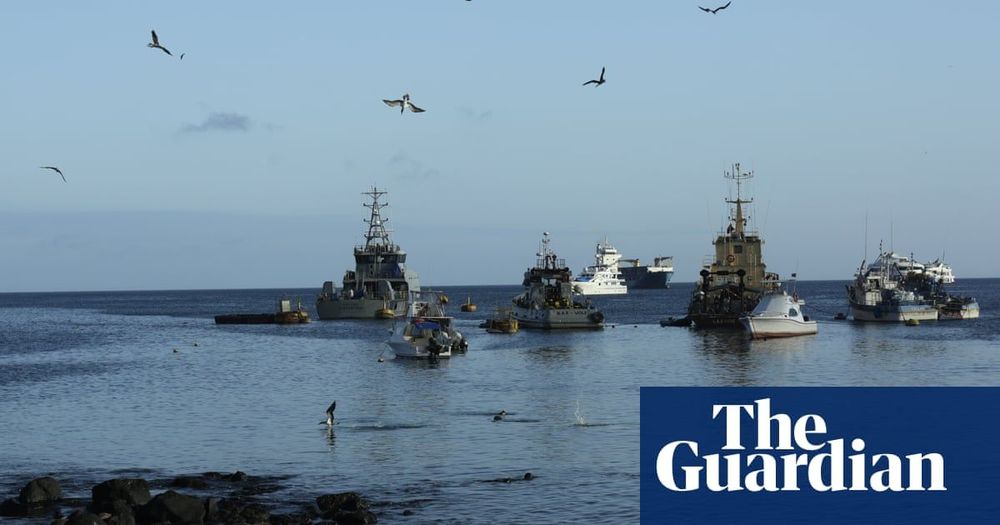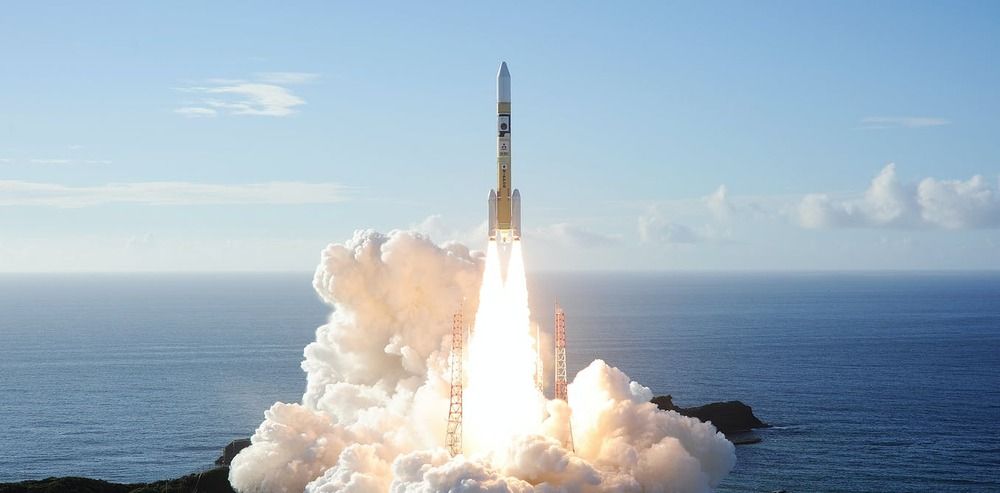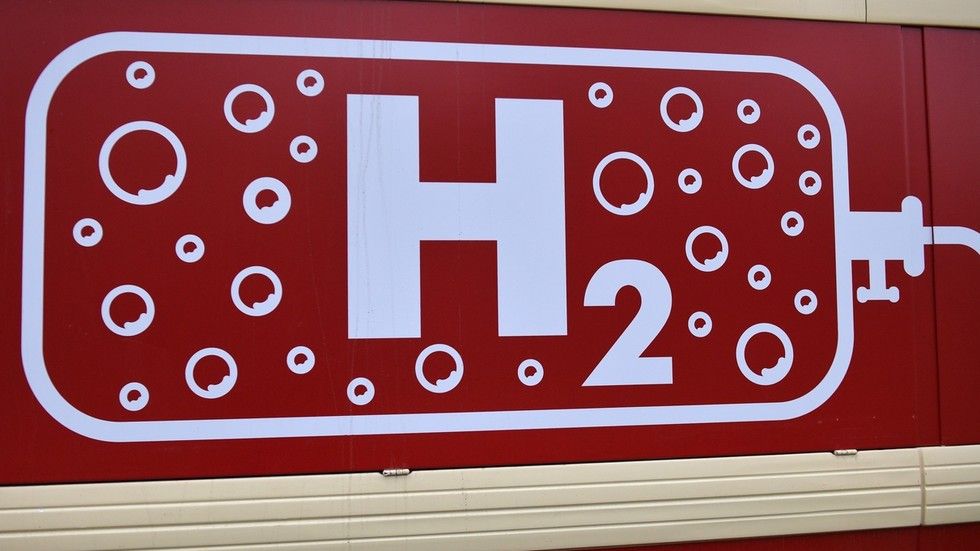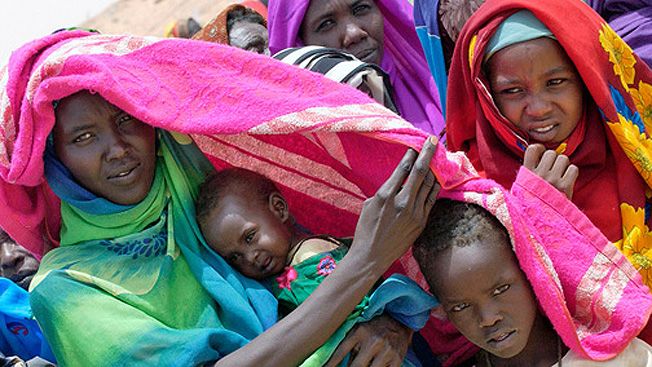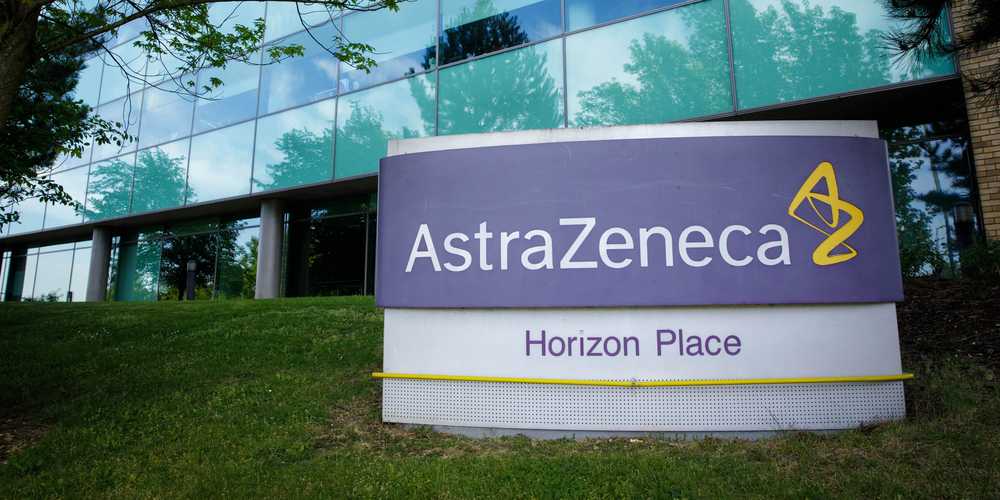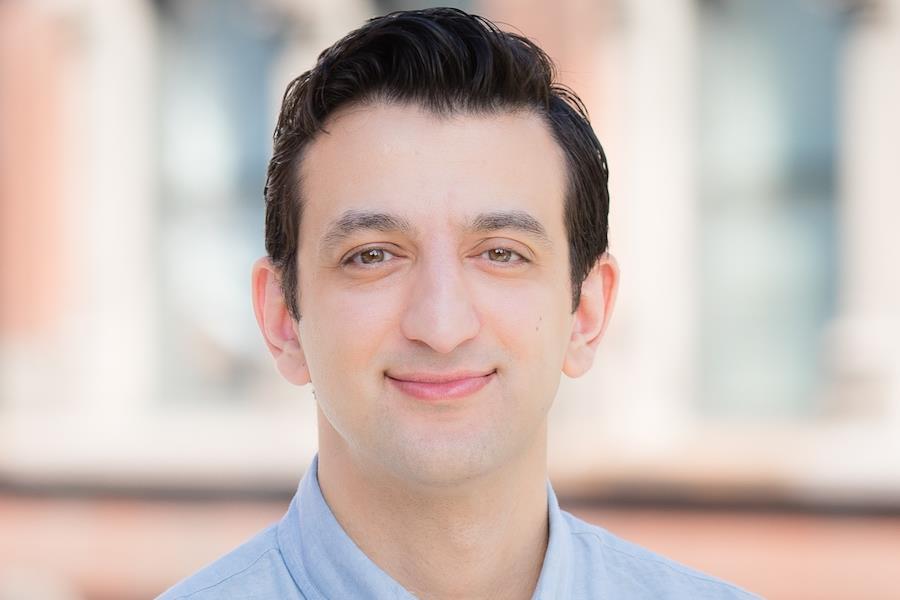It’s the banking world’s version of the rich getting richer.
A record $2 trillion surge in cash hit the deposit accounts of U.S. banks since the coronavirus first struck the U.S. in January, according to FDIC data.
The wall of money flowing into banks has no precedent in history: in April alone, deposits grew by $865 billion, more than the previous record for an entire year.


